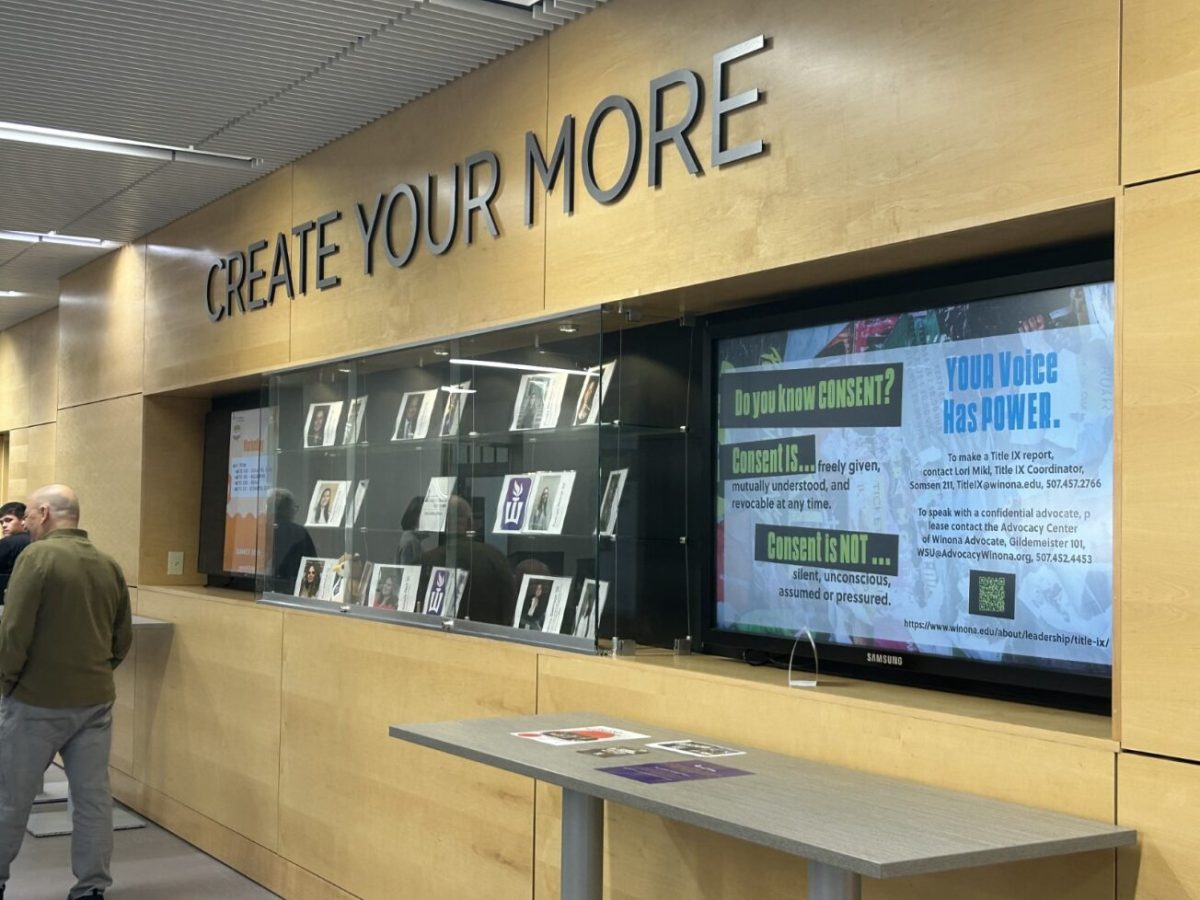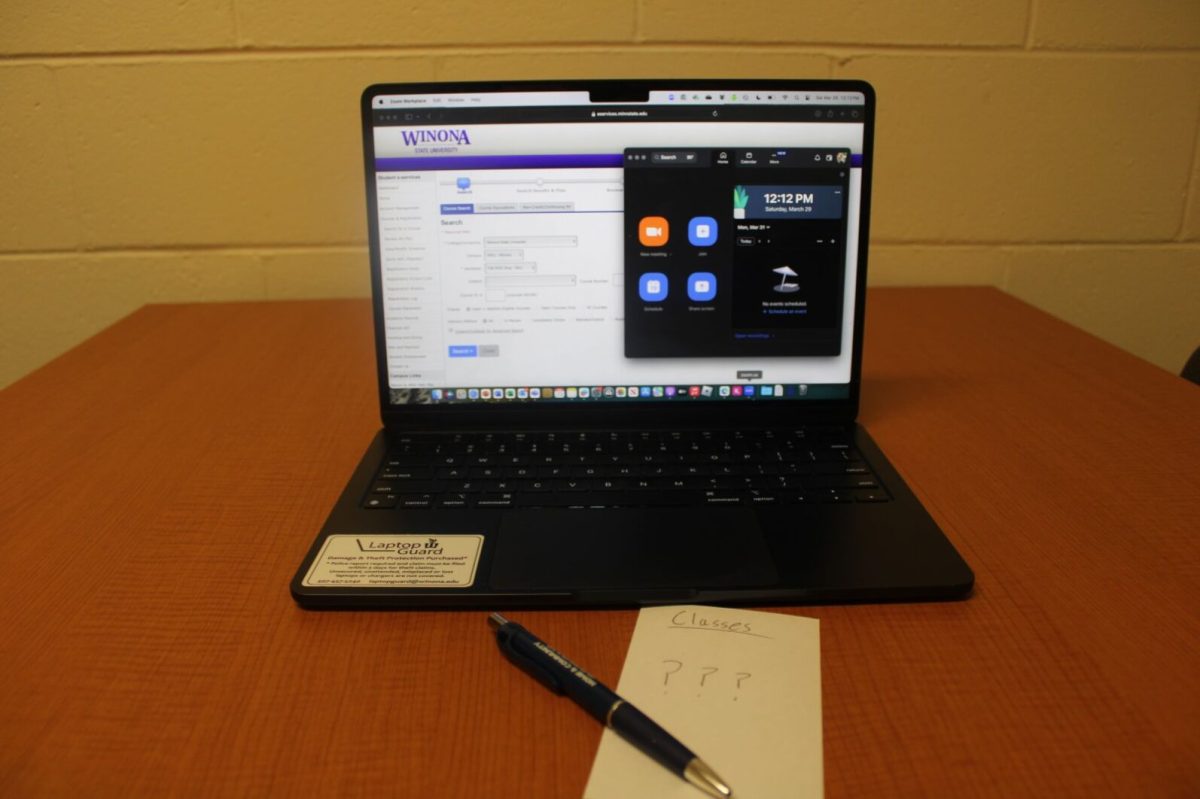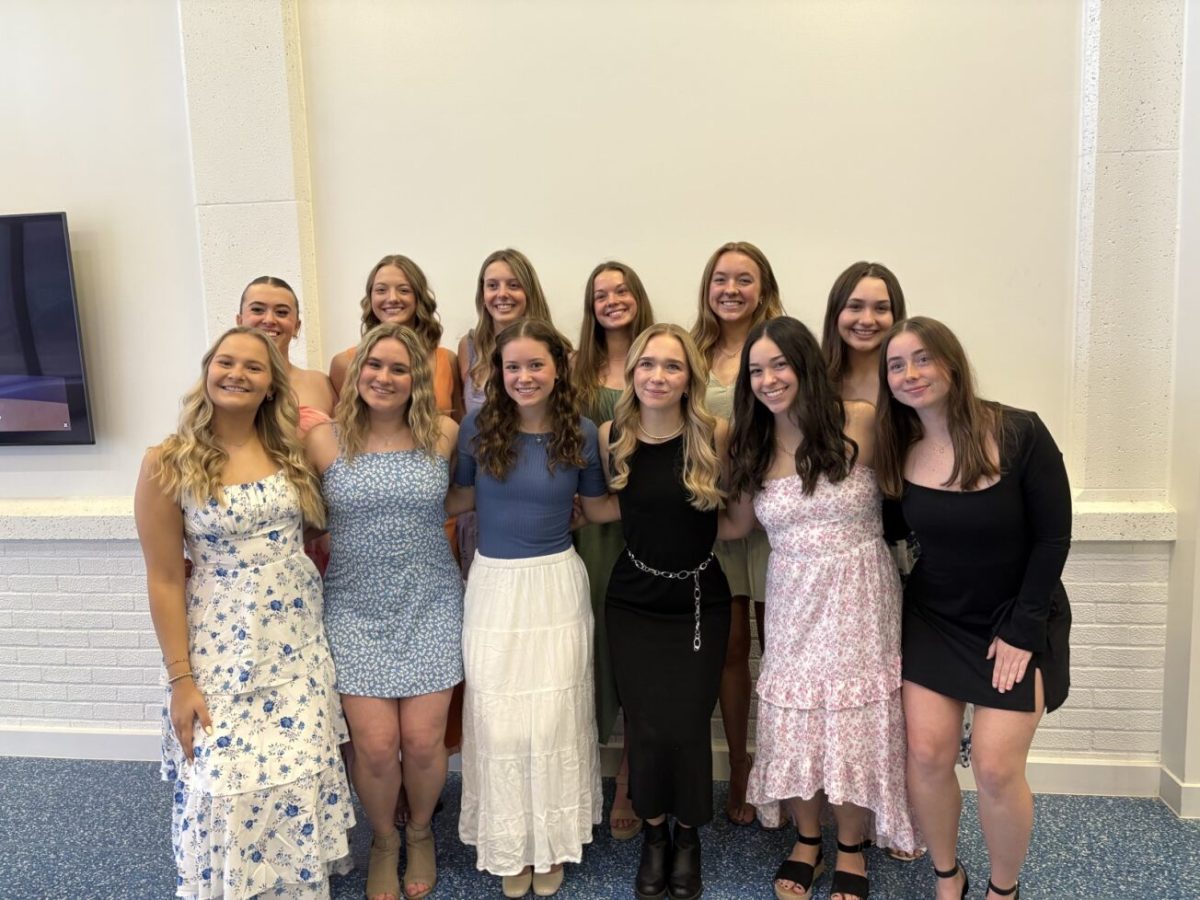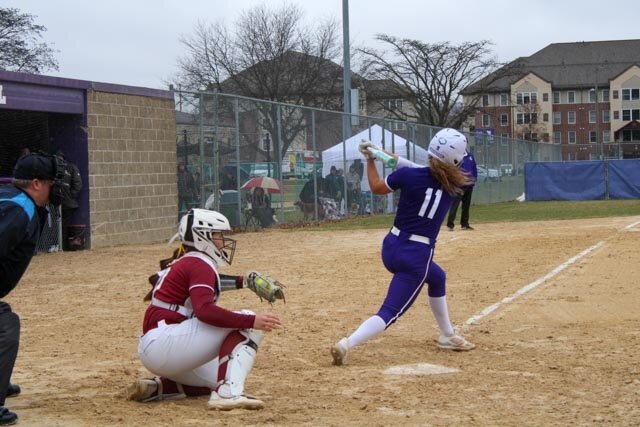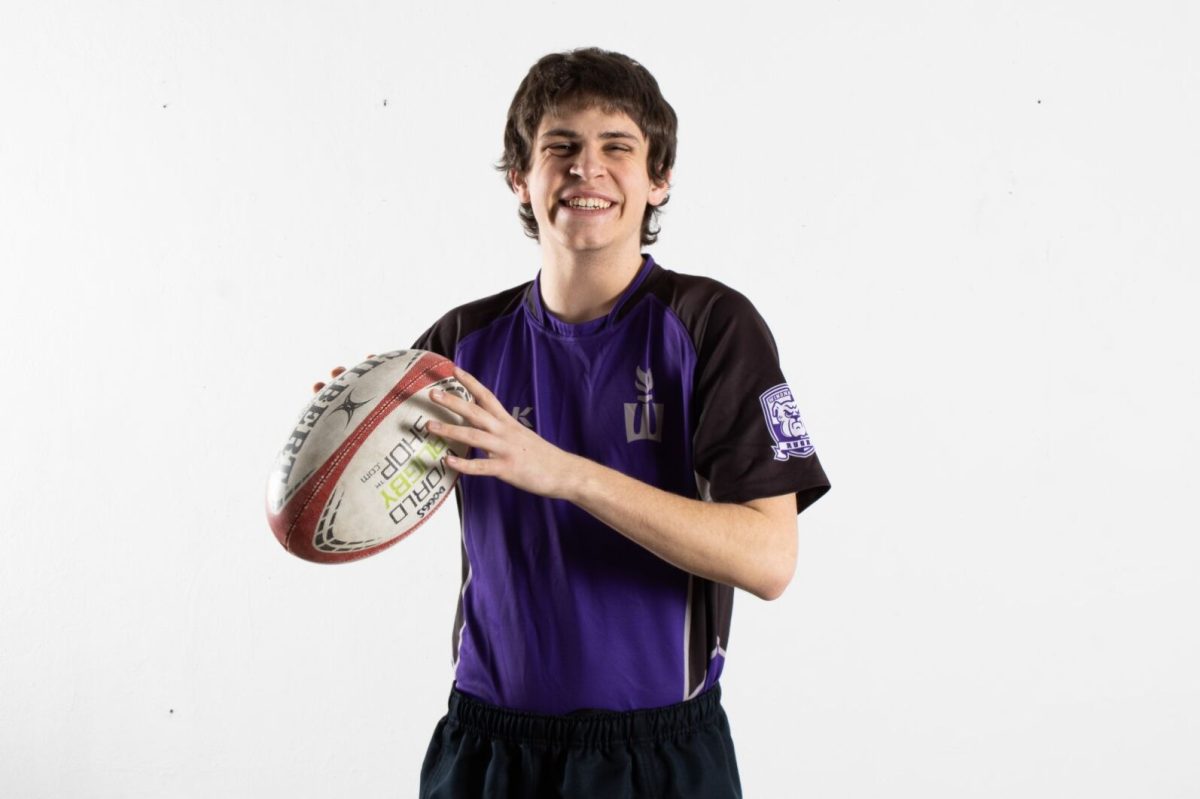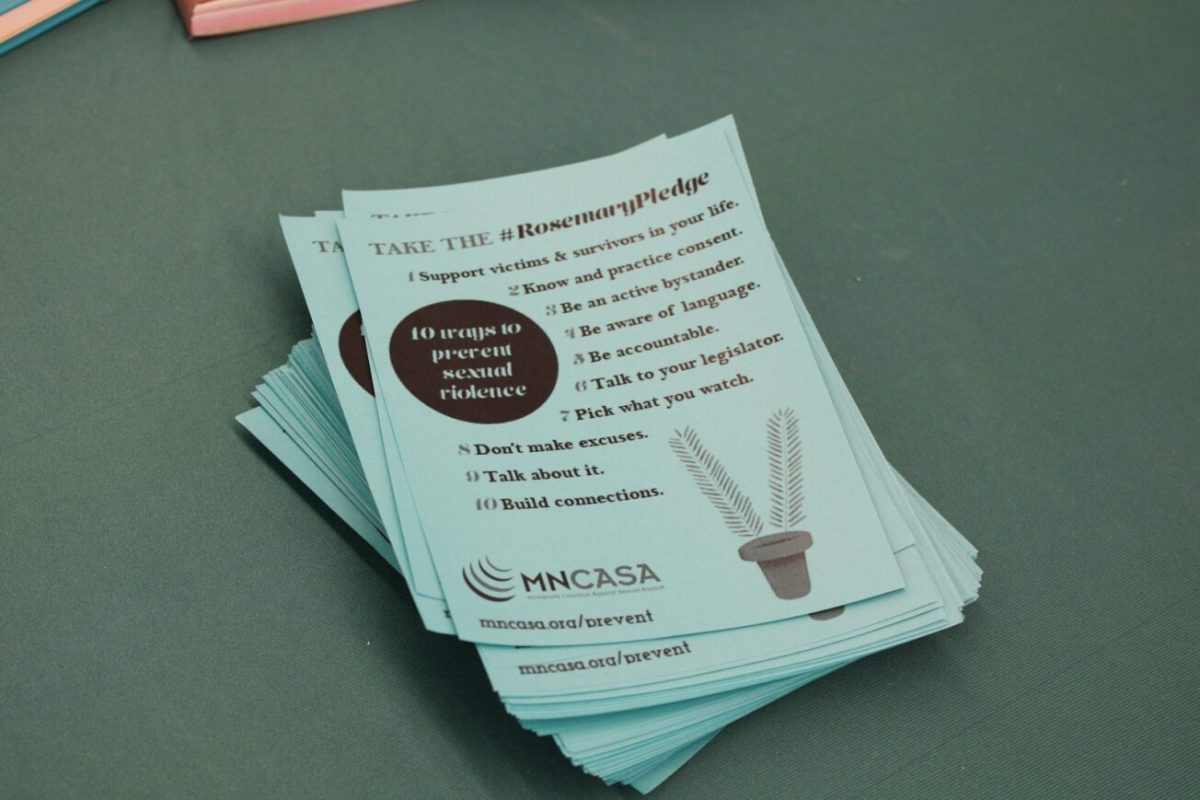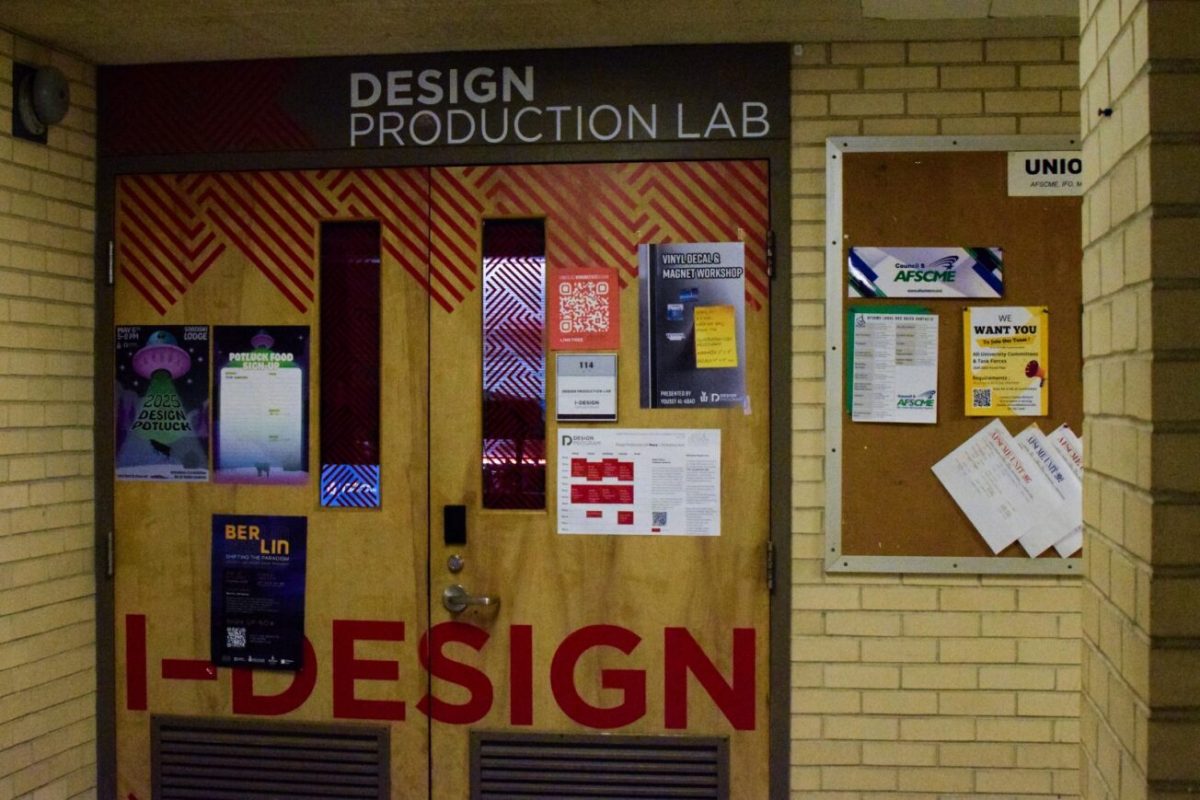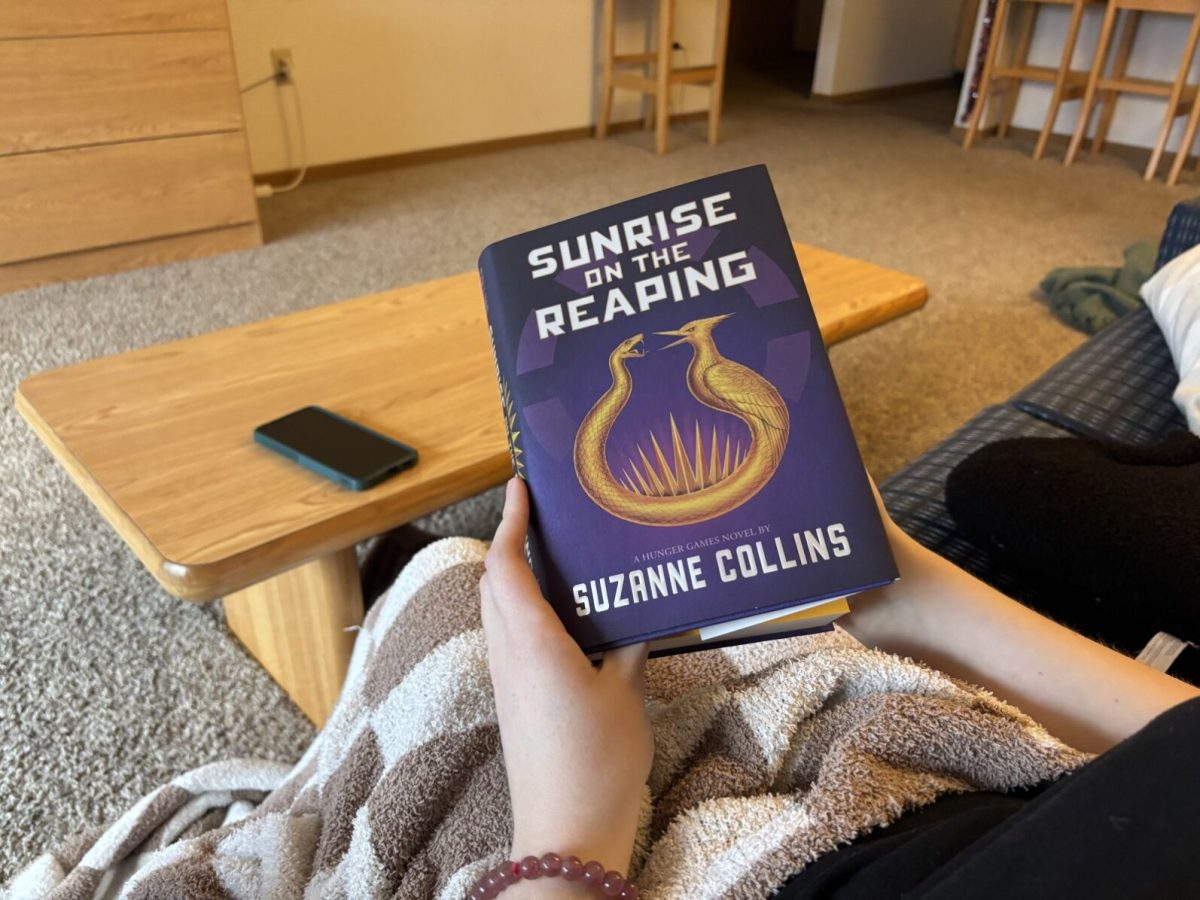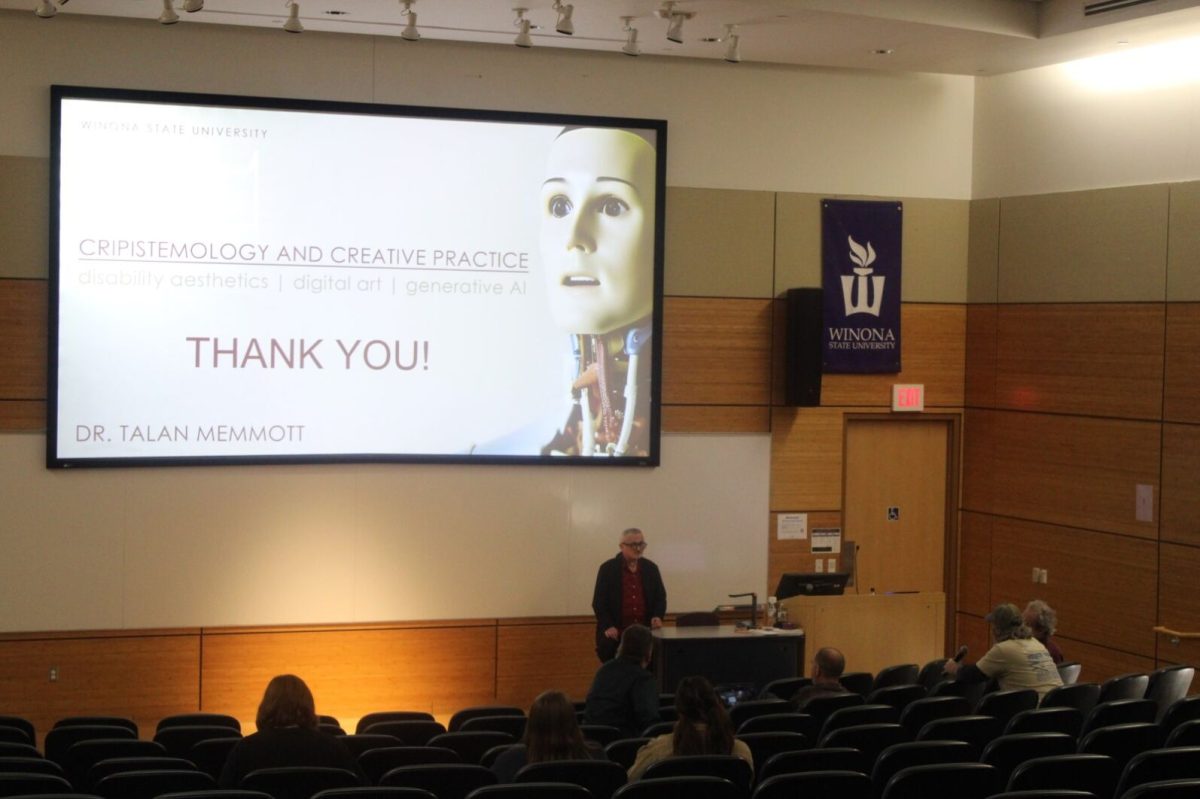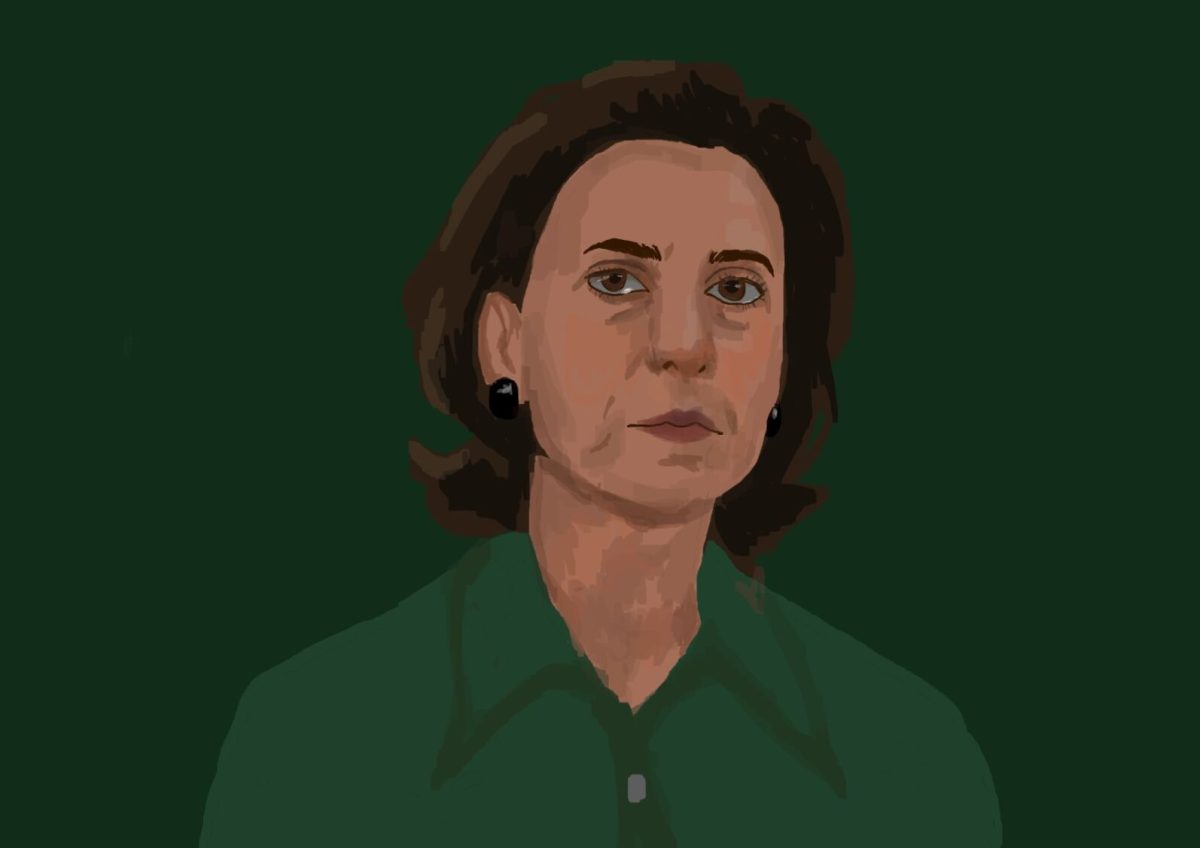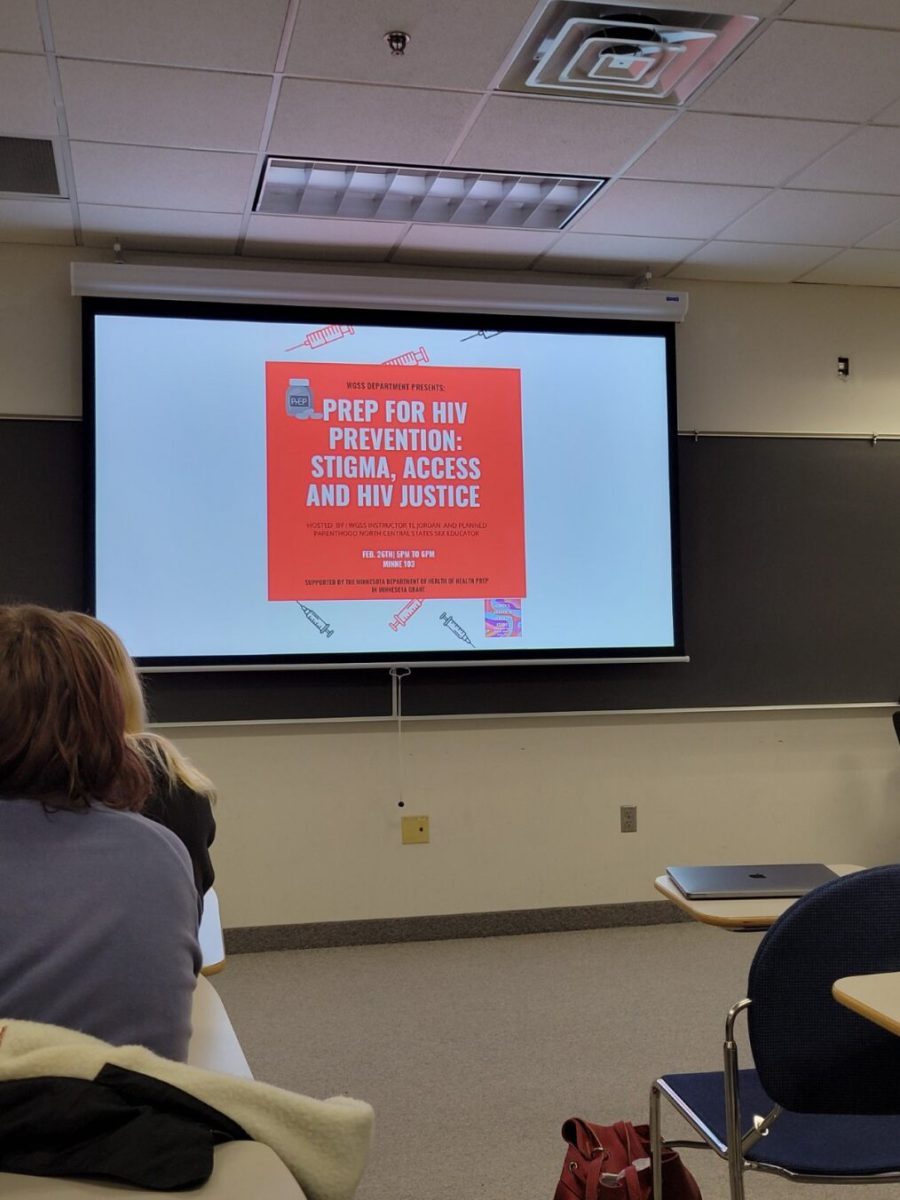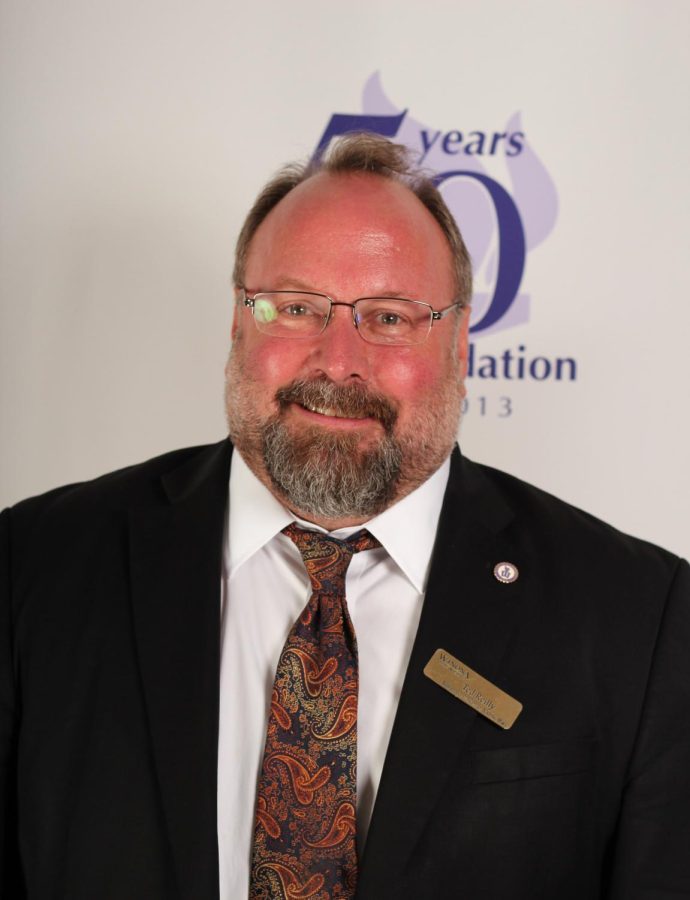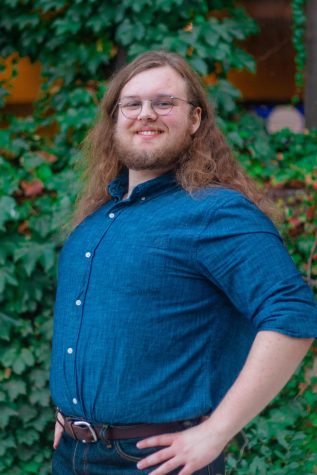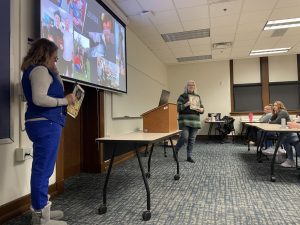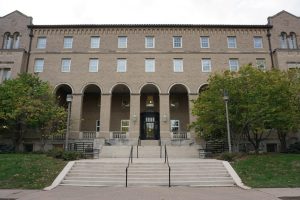Education students hope for changes in the program while Winona State searches for new dean
Contributed by: University Advancement
Edward “Ted” Reilly. Reilly has been acting as interim Dean of the College of Education since February 2022. Reilly was previously Associate Provost and Vice President for Academic Affairs since 2016. Reilly’s appointment extends until July 1, 2023, or until a permanent dean is found.
September 14, 2022
At the end of Spring Semester 2022, dean of the college of education, Dan Kirk, resigned, effective May 10, to spend more time with his family. Ted Reilly has been acting interim Dean of the College of Education since February 2022. Previously, Reilly was Associate Provost and Vice President for Academic Affairs since 2016, as well as a brief stint as acting Dean of the College of Education in 2012. Reilly’s appointment extends until July 1, 2023, or until a permanent dean is found.
Currently, Winona State University continues its search for a new Dean for the College of Education while students majoring in education hope for real change within the program.
Some education majors at the university have issues with the way that their program is being run. Rita Rybus, a social science education major and fourth-year at Winona State, came forward to express some of her concerns.
One of Rybus’ main concerns is the placements for the students’ clinicals. According to Rybus, before they can go into student teaching, they must complete their clinicals, which are being placed in a classroom to observe the teacher and students. To graduate, students must complete one hundred hours in the field.
“The hours accumulate rather quickly if we get placed,” Rybus said, however, “last year we did not get any placements.”
Rybus and many other students in the education program last year did not get placements for their clinicals. According to her, the university even “went outside the normal radius” when looking for schools for the students to have their clinicals, yet still got rejected. Some students sought out their own placements at their old high schools, but for others like Rybus who could not commute at the time, that was not an option.
Although she didn’t receive a placement last year, Rybus was still able to get hours accumulated through a different education course to count towards that required one hundred hours.
Rybus summed up her points by stating that if somehow in the future students are left without placements again, “the students shouldn’t suffer for it.”
Megan Chaffee, a fifth-year student at Winona State majoring in social studies and history teaching, also expressed her hopes for what direction the College of Education will take under a new dean.
Chaffee believes that her professors are “trying their absolute hardest to make sure that we are competent teachers, and we meet all of our requirements, but I don’t think they’re getting enough support.” Chaffee believes that professors need more support in finding placements for their students.
Chaffee went on to state that the program should keep the requirement for clinical hours, but that those hours should not be tied to courses in the off chance that placements aren’t coming through.Chaffee also said that there needs to be “better communication between the university, the placement office, and the schools,” to make sure that students get the placements that they need.
Chaffee capped off her statements by saying that “clinical placements should get the energy that student teaching placements are getting.”
Since clinicals count toward their grades, Chaffee believes that finding placements for students should be treated with the same amount of seriousness that is given for student teaching.
There is now an app for students in the education program called “Tevera” that lets them choose their placements for clinicals. With the addition of this app and a new permanent dean of the College of Education in the future, hopefully these issues will improve.


